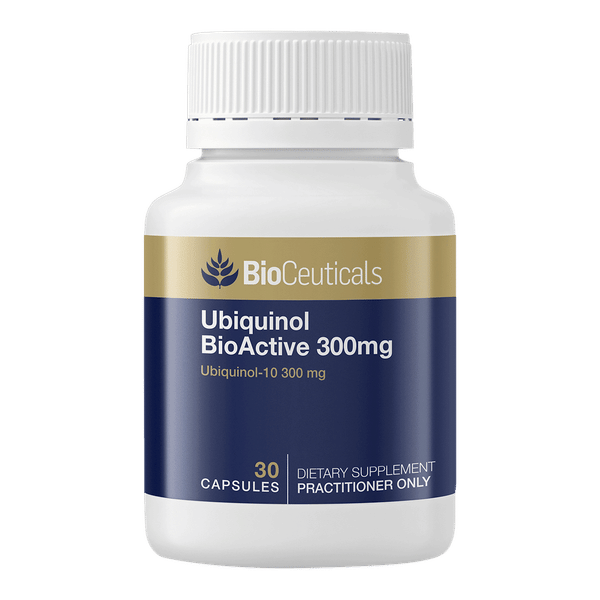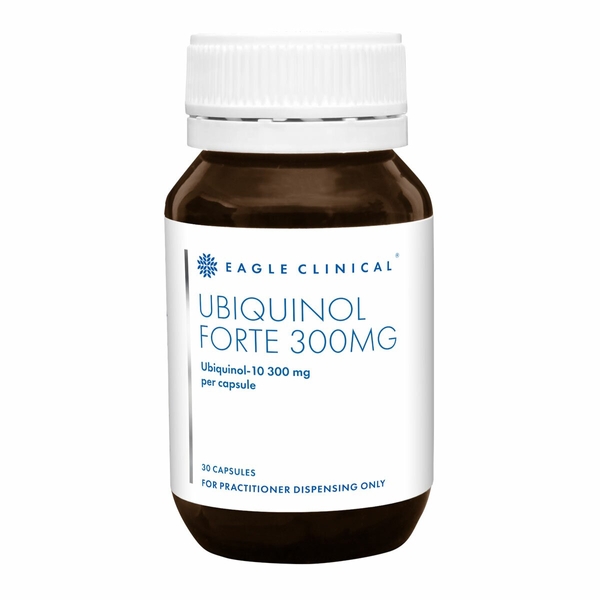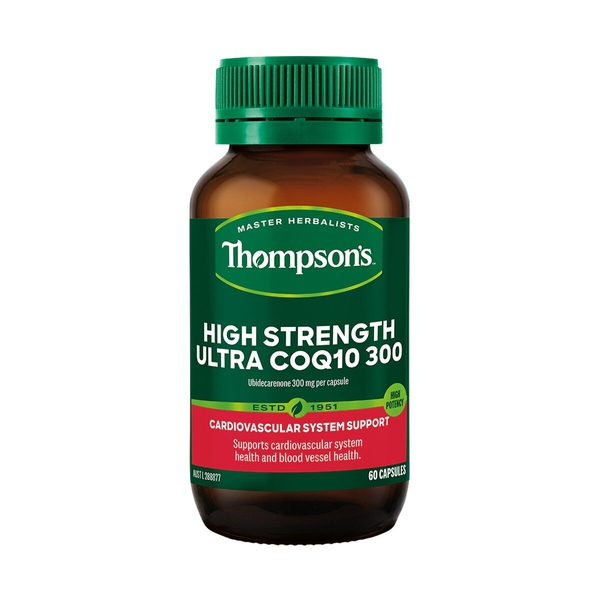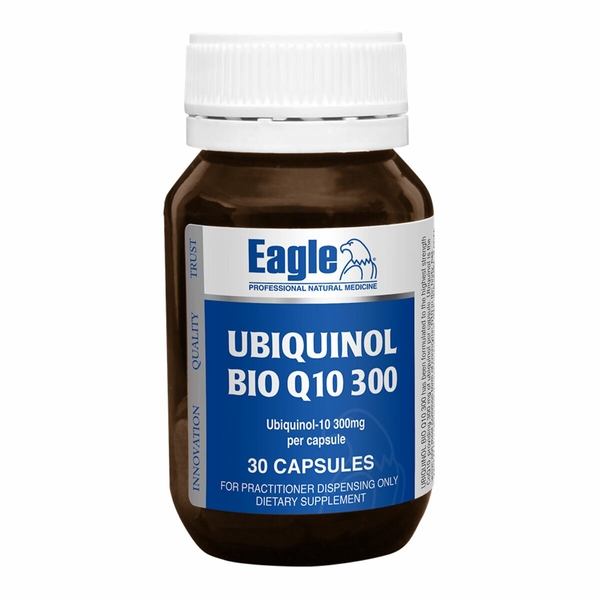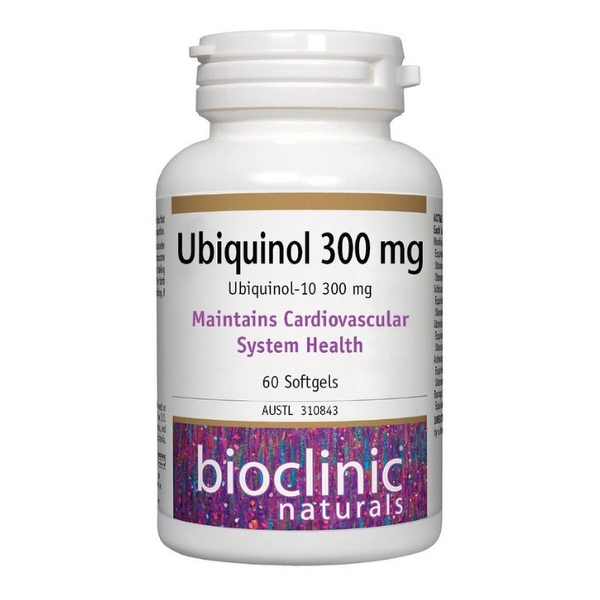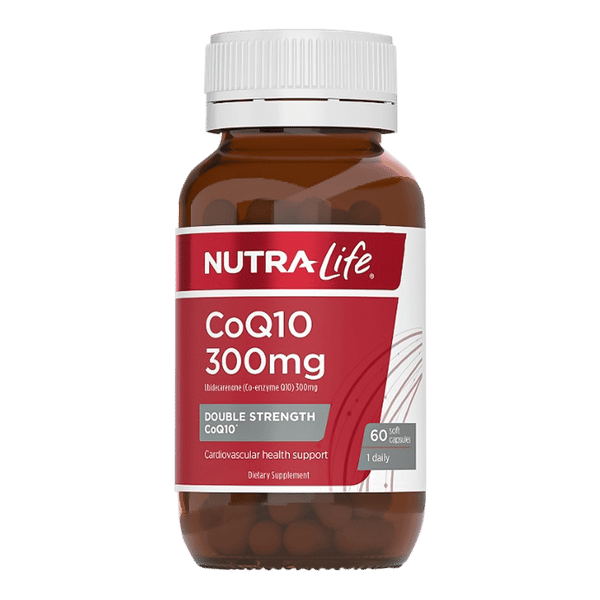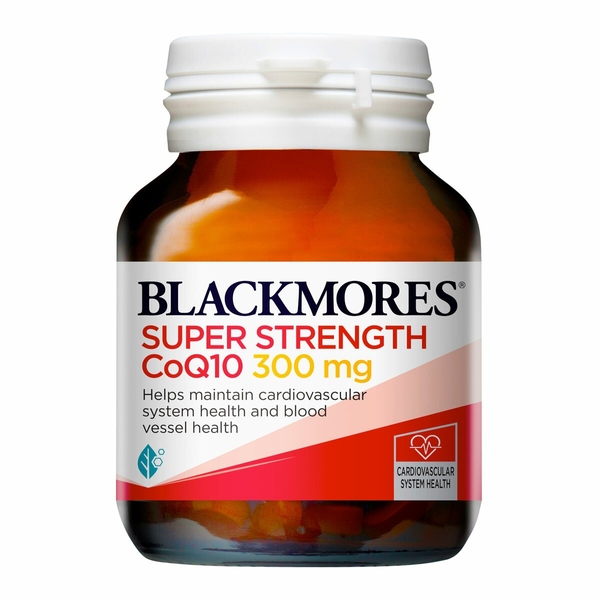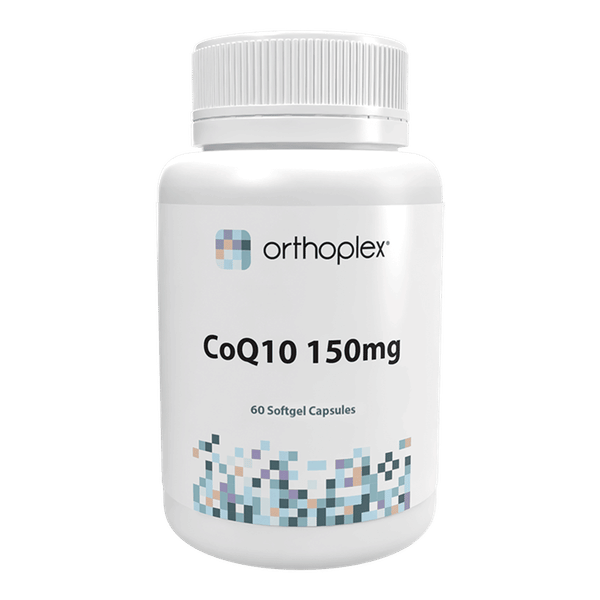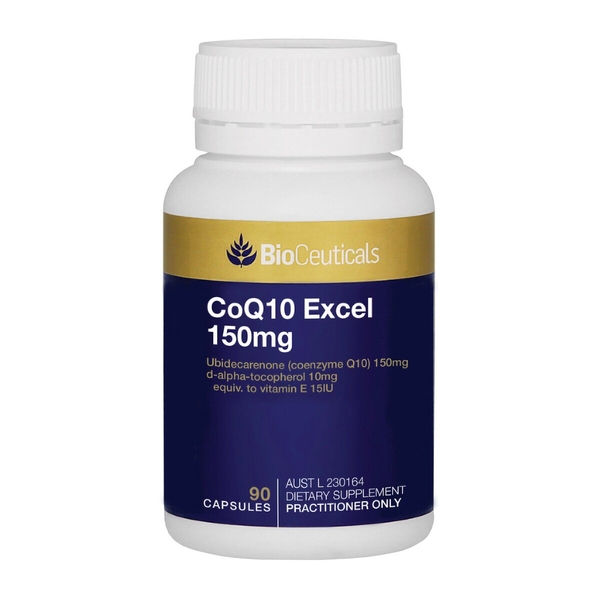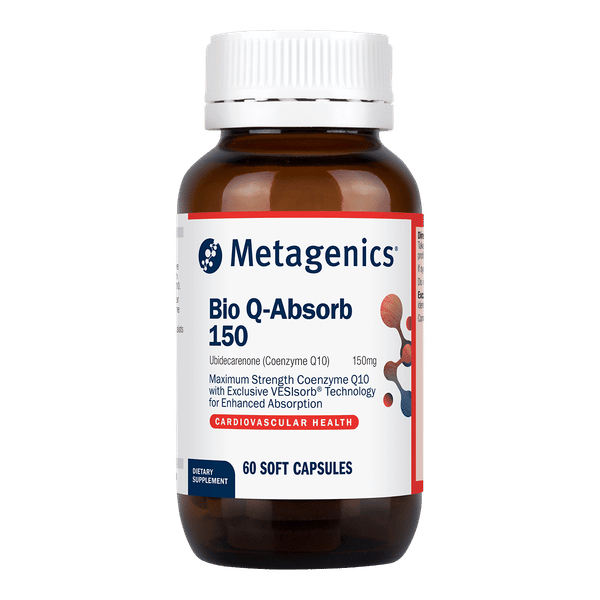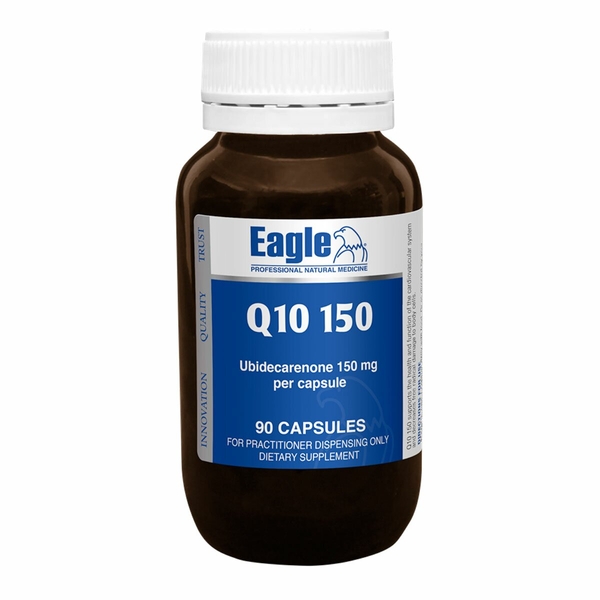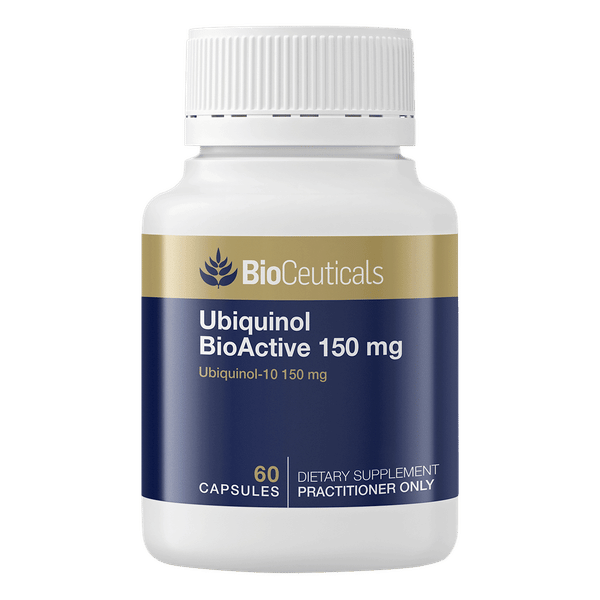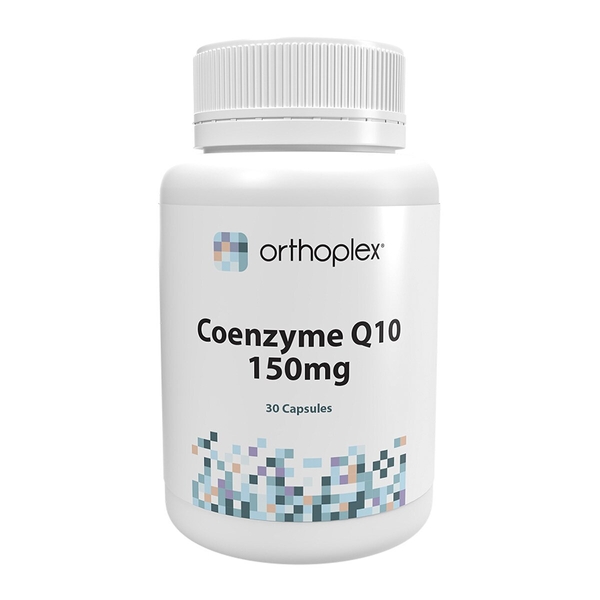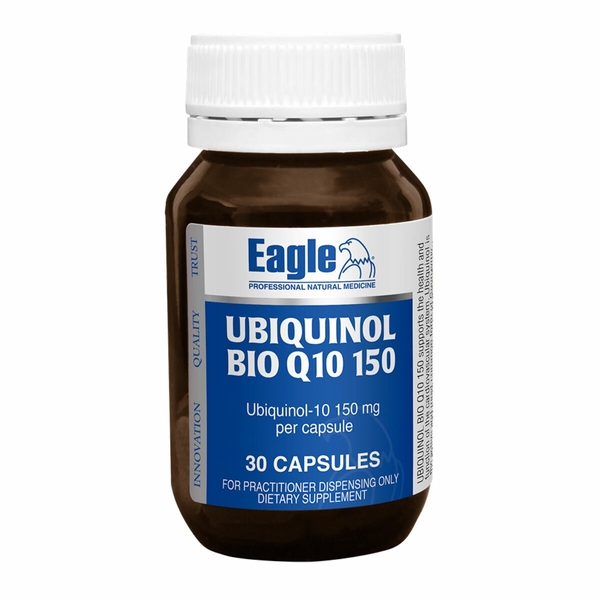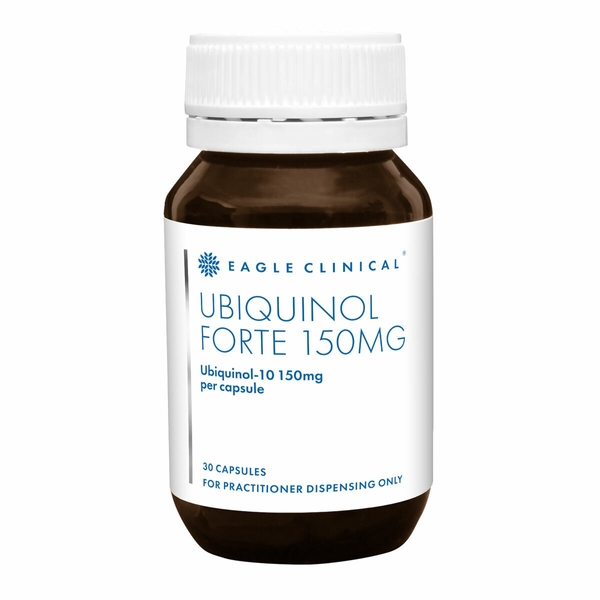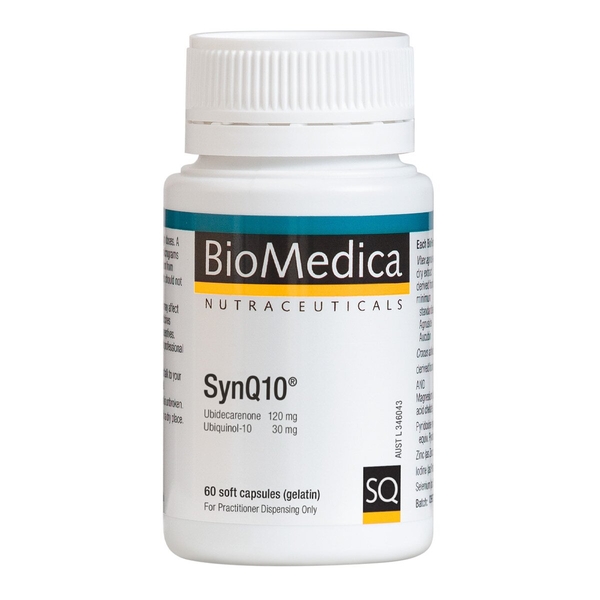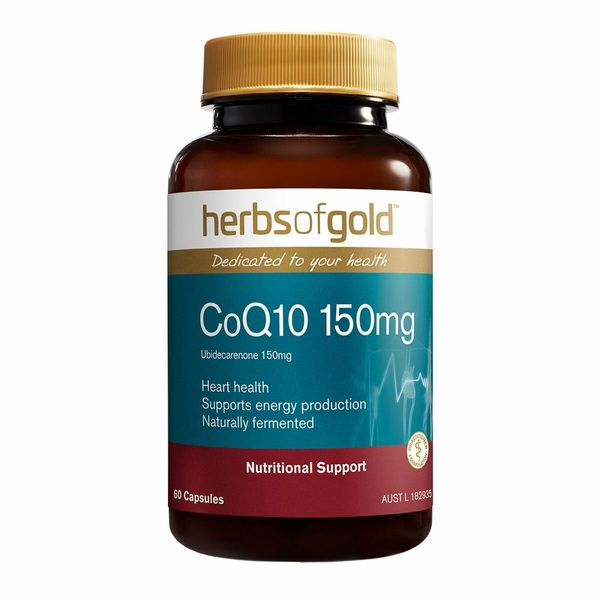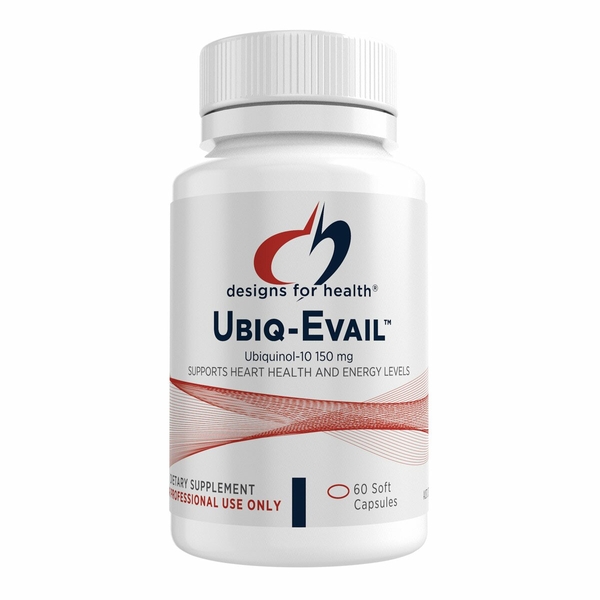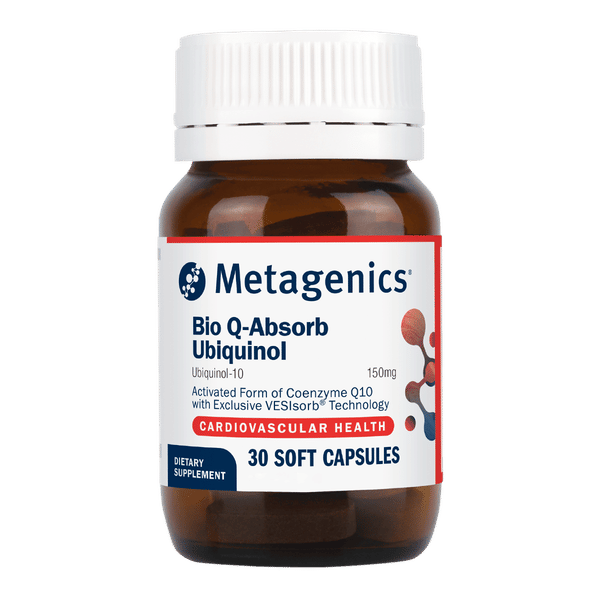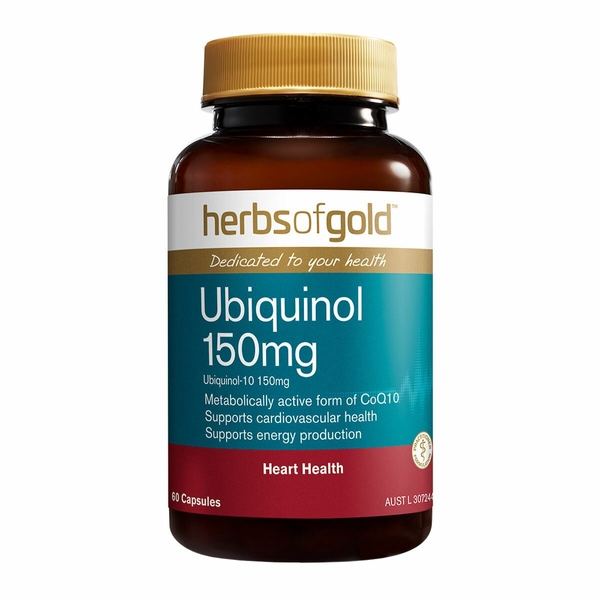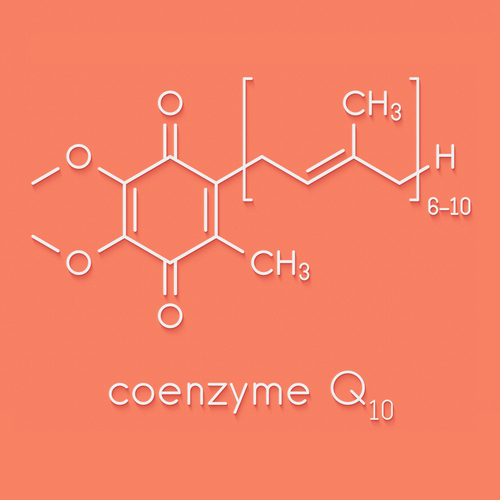
Background
Coenzyme Q10 helps provide energy to cells. It also seems to have antioxidant activity. People with certain diseases, such as heart failure, high blood pressure, Parkinson disease, blood infections, and HIV infection, might have lower levels of coenzyme Q10. Coenzyme Q10 can also be made in a laboratory.
People commonly use coenzyme Q10 for conditions such as heart failure or migraine headache. It is also used for chest pain, high blood pressure, and many other conditions, but there is no good scientific evidence to support many of these uses.
Safety Safety definitions
When applied to the skin: Coenzyme Q10 is likely safe for most adults when applied directly to the gums.
Special Precautions & Warnings:
Pregnancy: Coenzyme Q10 is possibly safe when taken by mouth during pregnancy. Coenzyme Q10 has been used safely when taken twice daily starting at the 20th week of pregnancy.Breast-feeding: There isn't enough reliable information to know if coenzyme Q10 is safe to use when breast-feeding. Stay on the safe side and avoid use.
Children: Coenzyme Q10 is possibly safe for children when taken by mouth under the supervision of a healthcare professional.
Effectiveness
- Coenzyme Q10 deficiency. Taking coenzyme Q10 by mouth seems to improve symptoms of coenzyme Q10 deficiency. This is a very rare condition. The symptoms include weakness, fatigue, and seizures.
- A group of disorders that most often cause muscle weakness (mitochondrial myopathies). Taking coenzyme Q10 by mouth seems to reduce symptoms of mitochondrial myopathies. But some people have to take coenzyme Q10 for 6 months to get the most benefit.
- Heart failure and fluid build up in the body (congestive heart failure or CHF). Taking coenzyme Q10 by mouth might help reduce some symptoms of heart failure. Coenzyme Q10 might also reduce the chances of death or hospitalization related to heart failure.
- Nerve pain in people with diabetes (diabetic neuropathy). Taking coenzyme Q10 by mouth improves nerve damage and nerve pain in people with nerve damage caused by diabetes.
- Fibromyalgia. Taking coenzyme Q10 by mouth seems to reduce pain, tenderness, fatigue, and sleep issues in people with fibromyalgia.
- Tissue damage caused when there is limited blood flow and then blood flow is restored (ischemia-reperfusion injury). Taking coenzyme Q10 by mouth for at least one week before heart bypass surgery or blood vessel surgery might help to reduce tissue damage.
- Migraine. Taking coenzyme Q10 by mouth seems to help prevent migraine headaches in adults. It's not clear if it helps children.
- Multiple sclerosis (MS). Taking coenzyme Q10 by mouth seems to reduce tiredness and low mood in people with MS.
- A group of inherited disorders that cause muscle weakness and muscle loss (muscular dystrophy). Taking coenzyme Q10 by mouth seems to improve physical performance in some people with muscular dystrophy.
- Heart attack. Taking coenzyme Q10 by mouth appears to lower the risk of heart-related events, including another heart attack or death in people who've had a heart attack.
- A disease that causes curved, painful erections (Peyronie disease). Taking coenzyme Q10 by mouth improves erectile function in men with painful erections.
- Athletic performance. Taking coenzyme Q10 by mouth, alone or with other ingredients, doesn't improve athletic performance in athletes or non-athletes.
- An inherited brain disorder that affects movements, emotions, and thinking (Huntington disease). Taking coenzyme Q10 by mouth in large doses (2.4 grams daily) for up to 5 years does not stop Huntington disease symptoms from getting worse.
- Alzheimer disease. Taking coenzyme Q10 by mouth doesn't seem to improve mental function in people with Alzheimer disease.
- Lou Gehrig's disease (amyotrophic lateral sclerosis or ALS). Taking coenzyme Q10 by mouth does not slow the progression of ALS.
- Tiredness in people treated with cancer drugs. Taking coenzyme Q10 by mouth does not seem to reduce fatigue in people being treated for breast cancer.
- Diabetes. Taking coenzyme Q10 by mouth does not lower blood sugar levels in people with type 1 or type 2 diabetes.
- Parkinson disease. Taking coenzyme Q10 by mouth does not seem to improve symptoms in people with Parkinson disease.
- Symptoms such as muscle weakness and fatigue that affect polio survivors. Taking coenzyme Q10 does not improve muscle strength, muscle function, or fatigue in polio survivors.
Dosing & administration
Interactions with pharmaceuticals
Medications for cancer (Alkylating agents)
Interaction Rating=Moderate Be cautious with this combination.
Coenzyme Q10 is an antioxidant. There is some concern that antioxidants might decrease the effects of some medications used for cancer. If you are taking medications for cancer, check with your healthcare provider before taking coenzyme Q10.
Medications for high blood pressure (Antihypertensive drugs)
Interaction Rating=Minor Be watchful with this combination.
Coenzyme Q10 might lower blood pressure. Taking coenzyme Q10 along with medications that lower blood pressure might cause blood pressure to go too low. Monitor your blood pressure closely.
Warfarin (Coumadin)
Interaction Rating=Moderate Be cautious with this combination.
Coenzyme Q10 might increase blood clotting. Coenzyme Q10 might decrease the effects of warfarin and increase the risk of dangerous clots. Be sure to have your blood checked regularly. The dose of your warfarin might need to be changed.
Interactions with herbs & supplements
Gum arabic: Taking coenzyme Q10 with gum arabic, which is made from acacia, seems to increase the body's absorption of coenzyme Q10. This might increase the effects and side effects of coenzyme Q10.
Herbs and supplements that might lower blood pressure: Coenzyme Q10 might lower blood pressure. Taking it with other supplements that have the same effect might cause blood pressure to drop too much. Examples of supplements with this effect include andrographis, casein peptides, L-arginine, niacin, and stinging nettle.
Omega-3 fatty acids: Combining coenzyme Q10 with omega-3 fatty acids can reduce blood levels of coenzyme Q10. This might reduce the effects of coenzyme Q10.
Red yeast rice: Red yeast rice might reduce coenzyme Q10 levels in the body.
Vitamin K: Coenzyme Q10 can have effects in the body that are similar to vitamin K, including inhibiting the effects of blood thinning drugs such as warfarin. Taking coenzyme Q10 with vitamin K might increase the risk of blood clotting in people taking blood thinning drugs.

